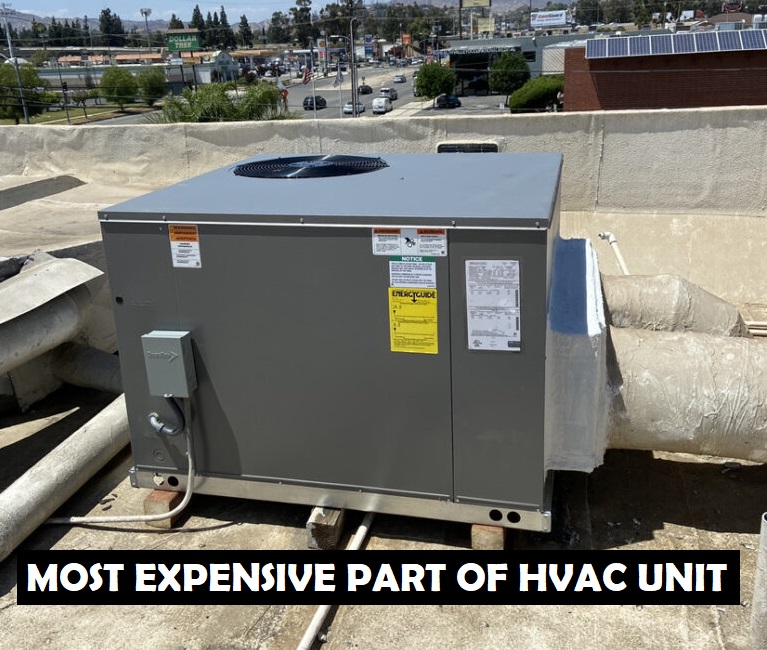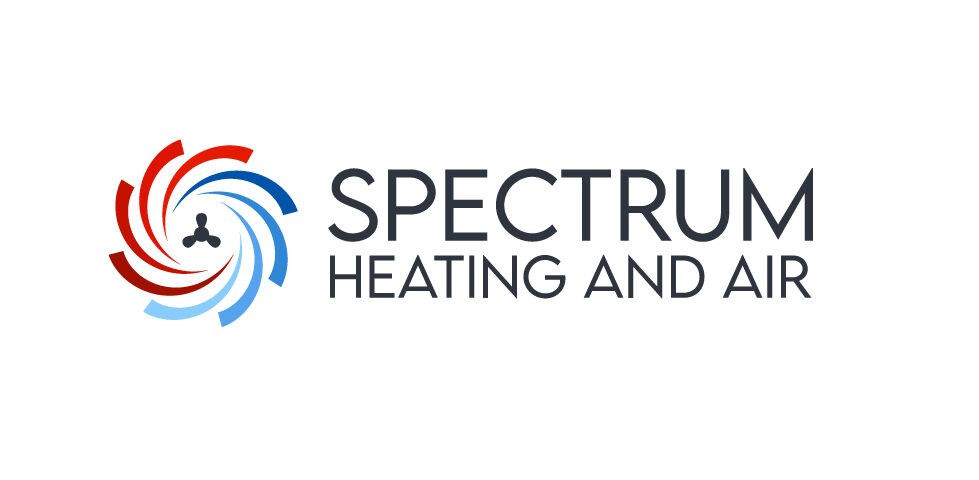HVAC (Heating, Ventilation, and Air Conditioning) units play a crucial role in maintaining a comfortable indoor environment, especially in extreme weather conditions. These systems are a combination of various components working together to provide temperature control and improve indoor air quality. However, when it comes to the most expensive part of an HVAC unit, one specific component stands out.

Understanding HVAC Units
Before delving into the costliest part, let’s briefly understand how an HVAC system operates. HVAC units are designed to regulate temperature, humidity, and air circulation within a building. They consist of interconnected systems that work in harmony to achieve the desired indoor climate.
Components of an HVAC Unit
An HVAC system is composed of multiple components, including the compressor, condenser, evaporator coil, blower fan, thermostat, and refrigerant lines. Each component plays a significant role in the overall performance of the system.
The Most Expensive Part Of An HVAC Unit
Among all the parts, the compressor stands out as the most expensive component of an HVAC unit. The compressor is often referred to as the “heart” of the system, as it is responsible for circulating the refrigerant and facilitating the heat exchange process.
The compressor’s primary function is to compress the low-pressure, low-temperature refrigerant gas from the evaporator coil into high-pressure, high-temperature gas. This compressed refrigerant then moves to the condenser, where it releases heat to the surrounding air.
Due to its critical role and complex engineering, compressors are manufactured with high-quality materials, advanced technology, and precision. These factors contribute to their elevated cost compared to other HVAC components.
The Cost Factors
Several factors influence the cost of the compressor and, consequently, the overall HVAC unit. Let’s explore these factors in detail:
Material Quality
Compressors constructed with premium materials tend to have a higher price tag. High-quality materials ensure durability and enhance the overall performance and efficiency of the HVAC system. Investing in a reliable compressor can result in long-term savings by reducing the need for frequent replacements.
Energy Efficiency Rating
Energy-efficient compressors might come with a higher upfront cost, but they lead to significant savings in the long run. These compressors consume less energy while maintaining optimal performance, resulting in reduced utility bills and a smaller carbon footprint.
Brand Reputation
Renowned HVAC brands often offer superior-quality compressors. While these brands might be more expensive, their products typically come with warranties, excellent customer support, and a proven track record of reliability.
Importance of Regular Maintenance
To protect the investment made in an HVAC system, regular maintenance is crucial. Proper upkeep can extend the lifespan of the compressor and other components, thereby reducing long-term expenses.
Preventive Maintenance
Scheduling regular check-ups and maintenance with HVAC professionals helps identify potential issues early on. Addressing these problems promptly can prevent costly breakdowns and ensure the compressor operates efficiently.
Reducing Long-Term Expenses
Neglecting maintenance can lead to compressor failure and other system malfunctions, resulting in expensive repairs or replacements. Regular maintenance can avoid such scenarios and save homeowners from unexpected financial burdens.
Upgrading HVAC Systems
As technology advances, newer HVAC systems with more energy-efficient compressors become available. While upgrading an HVAC unit may have an initial cost, it offers several benefits.
HVAC Technology Advancements
Modern compressors are designed with the latest technology, making them more efficient and environmentally friendly. Upgrading to such systems can lead to substantial energy savings and improved indoor comfort.
Return on Investment (ROI)
Although the upfront cost of upgrading might seem significant, the long-term savings on energy bills and repair expenses can result in a favorable return on investment. Moreover, newer systems often come with extended warranties, providing additional peace of mind.
In conclusion, the compressor is undoubtedly the most expensive part of an HVAC unit due to its critical role and sophisticated construction. When considering an HVAC system, factors such as material quality, energy efficiency, and brand reputation play a crucial role in determining the overall cost. Regular maintenance is essential to extend the compressor’s lifespan and avoid costly breakdowns. Moreover, upgrading to newer, more efficient HVAC systems can lead to substantial long-term savings.




